Cadvas 40mg Tablet 10's


MRP ₹170
(Inclusive of all Taxes)
₹25.5 Cashback (15%)
Provide Delivery Location
Online payment accepted
 Prescription drug
Prescription drugWhats That
Composition :
Manufacturer/Marketer :
Consume Type :
Expires on or after :
Return Policy :
NPPA :
About Cadvas 40mg Tablet
Cadvas 40mg Tablet belongs to a class of medications called statins to treat raised cholesterol levels in our body. Cadvas 40mg Tablet helps lower the level of low-density lipoprotein (LDL) or bad cholesterol in the blood and increase the level of high-density lipoprotein (HDL) or good cholesterol. Dyslipidaemia is the deposition of unhealthy fat (lipid) levels in the blood. In this condition, there is always a high level of low-density lipoprotein (LDL or bad cholesterol), triglycerides (TG) and a low level of high-density lipoprotein (HDL or good cholesterol).
Cadvas 40mg Tablet contains 'Atorvastatin' which works by slowing the production of cholesterol in the body to decrease the amount of cholesterol that may build up on the arteries walls and block blood flow to the heart, brain, and other parts of the body. Cadvas 40mg Tablet helps to decrease the production of cholesterol that may build up in the blood vessels (arteries) of the heart, brain, and other parts of the body. Lowering cholesterol levels helps prevent heart diseases such as heart attacks and strokes in the future. Cadvas 40mg Tablet can also be prescribed for people with a family history of raised cholesterol in coronary heart disease or long-term health conditions of type 1, type 2 diabetes, or rheumatoid arthritis.
The prescribed dose of Cadvas 40mg Tablet is daily once a day at the same time. Your doctor will advise you on how often you take your tablets based on your medical condition. You can take Cadvas 40mg Tablet with food or without food. It should be swallowed whole with a glass of water. Do not chew, bite, or break it. In a few cases, you may experience allergic reactions, hyperglycaemia (excess of glucose in the bloodstream), headache, vision blurred, pain, constipation, nausea, diarrhoea, muscle spasms, joint swelling, and back pain. Most of these side effects of Cadvas 40mg Tablet do not require medical attention and gradually resolve over time. Consult your doctor immediately if you have yellowing eye/skin (jaundice), dark urine, or repeated unexplained muscular pain.
Cadvas 40mg Tablet may cause a breakdown of skeletal muscle tissue, leading to kidney failure. This condition usually occurs in the elderly, people with kidney disease, and poorly controlled hypothyroidism (underactive thyroid). Cadvas 40mg Tablet should not be prescribed to children less than ten years of age. You should contact a doctor before if you have had an allergic reaction to Cadvas 40mg Tablet , have liver or kidney problems, pregnant or planning to get pregnant, are breastfeeding, have severe lung disease, have a previous heart attack or stroke caused by bleeding in the brain, have hypothyroidism, drink more than two servings of alcohol per day and have a muscle disorder (fibromyalgia). The efficiency of Cadvas 40mg Tablet can be increased by taking low-fat or cholesterol-containing food and drinks.
Uses of Cadvas 40mg Tablet
Directions for Use
Key Benefits
Cadvas 40mg Tablet taken with dietary measures helps treat high cholesterol, especially for heart patients when initial dietary measures fail to lower cholesterol. It helps lower the bad cholesterol (LDL) and increases the level of good cholesterol (HDL) in the state of dyslipidaemia or hyperlipidaemia. Cadvas 40mg Tablet is considered more effective compared to other statins. Cadvas 40mg Tablet also lowers the amount of fat or cholesterol deposition (plaque) in the heart's arteries, thereby reducing the chance of having a heart attack or stroke in the future.
Storage
- Inform your doctor about the symptoms you're experiencing due to medication.
- Your doctor may adjust your treatment plan, which could include changing your medication, adding new medications, or offering advice on managing your symptoms.
- Practice good hygiene, including frequent handwashing, avoiding close contact with others, and avoiding sharing utensils or personal items.
- Stay hydrated by drinking plenty of fluids to help loosen and clear mucus from your nose, throat, and airways.
- Get plenty of rest and engage in stress-reducing activities to help your body recover. If your symptoms don't subside or worsen, consult your doctor for further guidance.
- Talk to your doctor about your back pain and potential medication substitutes or dose changes.
- Try yoga or Pilates and other mild stretching exercises to increase flexibility and strengthen your back muscles.
- To lessen the tension on your back, sit and stand upright and maintain proper posture.
- To alleviate discomfort and minimize inflammation, apply heat or cold packs to the afflicted area.
- Under your doctor's supervision, think about taking over-the-counter painkillers like acetaminophen or ibuprofen.
- Make ergonomic adjustments to your workspace and daily activities to reduce strain on your back.
- To handle tension that could make back pain worse, try stress-reduction methods like deep breathing or meditation.
- Use pillows and a supportive mattress to keep your spine in the right posture as you sleep.
- Back discomfort can worsen by bending, twisting, and heavy lifting.
- Speak with a physical therapist to create a customized training regimen to increase back strength and flexibility.
- Inform Your Doctor: Notify your doctor immediately about your diarrhoea symptoms. This allows them to adjust your medication or provide guidance on managing side effects.
- Stay Hydrated: Drink plenty of fluids to replace lost water and electrolytes. Choose water, clear broth, and electrolyte-rich drinks. Avoid carbonated or caffeinated beverages to effectively rehydrate your body.
- Follow a Bland Diet: Eat easy-to-digest foods to help firm up your stool and settle your stomach. Try incorporating bananas, rice, applesauce, toast, plain crackers, and boiled vegetables into your diet.
- Avoid Trigger Foods: Steer clear of foods that can worsen diarrhoea, such as spicy, fatty, or greasy foods, high-fibre foods, and dairy products (especially if you're lactose intolerant).
- Practice Good Hygiene: Maintain good hygiene to prevent the spread of infection. To stay healthy, wash your hands frequently, clean and disinfect surfaces regularly, and avoid exchanging personal belongings with others.
- Take Anti-Diarrheal Medications: If your doctor advises, anti-diarrheal medications such as loperamide might help manage diarrhoea symptoms. Always follow your doctor's directions.
- Keep track of your diarrhoea symptoms. If they don't get better or worse or are accompanied by severe stomach pain, blood, or dehydration signs (like extreme thirst or dark urine), seek medical help.
- Report to Your Doctor: Inform your doctor about the muscle pain, as they may need to adjust your medication.
- Stretch Regularly: Gentle stretching can help relieve muscle pain and stiffness.
- Stay Hydrated: Adequate water intake supports muscle health by removing harmful substances and maintaining proper muscle function.
- Warm or Cold Compresses: Apply cold or warm compresses to the affected area to reduce pain and inflammation.
- Rest and Relaxation: Adequate rest helps alleviate muscle strain, while relaxation techniques like deep breathing and meditation can soothe muscle tightness, calm the mind, and promote relief from discomfort.
- Gentle Exercise: Participate in low-impact activities, such as yoga or short walks, to improve flexibility, reduce muscle tension, and alleviate discomfort.
- Consult a physician: If your symptoms don't improve or get worse, go to the doctor for help and guidance.
- Consult your doctor if you experience symptoms of sinusitis, such as nasal congestion, facial pain, or headaches, which may be triggered by your medication.
- Your doctor may adjust your treatment plan by changing your medication, adding new medications, or providing guidance on managing your sinusitis symptoms.
- Practice good hygiene, including frequent handwashing, avoiding close contact with others, and avoiding sharing utensils or personal items.
- If your doctor advises, you can use nasal decongestants or saline nasal sprays to help relieve nasal congestion and sinus pressure.
- To help your body recover, get plenty of rest, stay hydrated, and engage in stress-reducing activities. If your symptoms persist or worsen, consult your doctor for further guidance.
- Chest pain may last for a while and needs immediate medical attention as it is a significant health issue to be attended to.
- Take rest and refrain from doing physical activity for a while, and restart after a few days.
- Try applying an ice pack to the strained area for at least 20 minutes thrice a day. Ice pack thus helps reduce inflammation.
- Sit upright and maintain proper posture if there is persistent chest pain. • Use extra pillows to elevate your position and prop your chest up while sleeping.
- Hydrate your body: Drink enough water to prevent dehydration and headaches.
- Calm Your Mind: Deep breathing and meditation can help you relax and relieve stress.
- Rest and Recharge: Sleep for 7-8 hours to reduce headache triggers.
- Take rest: lie down in a quiet, dark environment.
- Cold or warm compresses can help reduce tension.
- Stay Upright: Maintain good posture to keep symptoms from getting worse.
- To treat headaches naturally, try acupuncture or massage therapy.
- Over-the-counter pain relievers include acetaminophen and ibuprofen.
- Prescription Assistance: Speak with your doctor about more substantial drug alternatives.
- Severe Headaches: Seek emergency medical assistance for sudden, severe headaches.
- Frequent Headaches: If you get reoccurring headaches, consult your doctor.
- Headaches with Symptoms: Seek medical attention if your headaches include fever, disorientation, or weakness.
Drug Warnings
Cadvas 40mg Tablet may cause a breakdown of skeletal muscle tissue, leading to kidney failure. This condition usually occurs in the elderly, people with kidney disease, and poorly controlled hypothyroidism (underactive thyroid). Cadvas 40mg Tablet should not be prescribed to children less than ten years of age. You should contact a doctor before if you have had an allergic reaction to Cadvas 40mg Tablet , have a liver problem (jaundice, liver cirrhosis), or kidney problems, are pregnant or planning to get pregnant, are breastfeeding, have severe lung disease, have a previous heart attack or stroke caused by bleeding in the brain, have hypothyroidism, drink more than two servings of alcohol per day and have a muscle disorder (fibromyalgia) and damaged muscle tissue (rhabdomyolysis).
Drug-Drug Interactions
Drug-Drug Interactions
Login/Sign Up
Co-administration of Aliskiren with Cadvas 40mg Tablet can increase the risk of hyperkalemia (high potassium levels in the blood).
How to manage the interaction:
Taking Cadvas 40mg Tablet with Aliskiren can possibly lead to an interaction, please consult a doctor before taking it. Do not discontinue the medications without consulting a doctor.
Co-administration of Cadvas 40mg Tablet may significantly increase the blood levels of lithium.
How to manage the interaction:
Although there is a possible interaction, Cadvas 40mg Tablet can be taken with lithium if prescribed by the doctor. Consult the prescriber if you experience symptoms of lithium intoxication such as drowsiness, dizziness, confusion, loose stools, vomiting, muscle weakness, muscle incoordination, shaking of hands and legs, blurred vision, ringing in the ear, excessive thirst, or increased urination. Do not discontinue the medication without consulting a doctor.
Co-administration of Potassium acetate can make Cadvas 40mg Tablet more likely to cause high levels of potassium in the blood.
How to manage the interaction:
Although taking Potassium acetate and Cadvas 40mg Tablet together can evidently cause an interaction, it can be taken if your doctor has suggested it. Do not stop using any medications without a doctor's advice.
Taking ramipril with Cadvas 40mg Tablet may increase the risk of side effects such as low blood pressure, kidney function impairment, and high blood potassium.
How to manage the interaction:
Although there is a possible interaction, Cadvas 40mg Tablet can be taken with ramipril if prescribed by the doctor. Consult the prescriber if you experience symptoms of high potassium such as nausea, vomiting, weakness, confusion, tingling of the hands and feet, feelings of heaviness in the legs, a weak pulse, or a slow or irregular heartbeat. Maintain adequate fluid intake during treatment with these medications. Do not discontinue the medications without consulting a doctor.
Taking Potassium citrate with Cadvas 40mg Tablet together may increase potassium levels in the blood, which can lead to kidney failure, muscular paralysis, and abnormal heart rhythm.
How to manage the interaction:
Although taking Potassium citrate with Cadvas 40mg Tablet together can possibly result in an interaction, it can be taken if a doctor has advised it. However, consult the doctor if you experience nausea, vomiting, weakness, disorientation, tingling in your hands and feet, feelings of heaviness in your legs, a weak pulse, or a slow or irregular heartbeat. It is essential to maintain proper fluid intake while taking these medications. It is advised to reduce the intake of potassium-rich foods. Do not discontinue any medications without a doctor's advice.
Taking Potassium Iodide with Cadvas 40mg Tablet can make high levels of potassium in the blood more likely.
How to manage the interaction:
Although taking Potassium iodide and Cadvas 40mg Tablet together can evidently cause an interaction, it can be taken if your doctor has suggested it. Do not stop using any medications without a doctor's advice.
Taking lisinopril with Cadvas 40mg Tablet may increase the levels of potassium in blood.
How to manage the interaction:
Although there is a possible interaction, Cadvas 40mg Tablet can be taken with lisinopril if prescribed by the doctor. Consult the prescriber if you experience symptoms of high potassium such as nausea, vomiting, weakness, confusion, tingling of the hands and feet, feelings of heaviness in the legs, a weak pulse, or a slow or irregular heartbeat. Maintain adequate fluid intake during treatment with these medications.
Taking spironolactone with Cadvas 40mg Tablet may increase potassium levels in the blood.
How to manage the interaction:
Although there is a possible interaction, Cadvas 40mg Tablet can be taken with spironolactone if prescribed by the doctor. Consult the prescriber if you experience symptoms of high potassium such as nausea, vomiting, weakness, confusion, tingling of the hands and feet, feelings of heaviness in the legs, a weak pulse, or a slow or irregular heartbeat. Maintain adequate fluid intake during treatment with these medications. Do not discontinue the medications without consulting a doctor.
Coadministration of enalapril with Cadvas 40mg Tablet may increase the risk of hyperkalemia (high potassium levels in the blood), hypotension, syncope (fainting), and renal failure due to additive or synergistic effects. If you are elderly, dehydrated, or have a history of renal or heart illness, your risk is enhanced.
How to manage the interaction:
Although taking Enalapril together with Cadvas 40mg Tablet may possibly result in an interaction, they can be taken together if prescribed by your doctor. However, contact your doctor immediately if you experience signs and symptoms of hyperkalemia, such as nausea, vomiting, confusion, numbness, tingling in hands and feet, and irregular heartbeat. It is advised to limit the intake of potassium-rich foods like tomatoes, bananas, papayas, mangoes, beans, and potassium-containing supplements. Do not discontinue any medication without consulting your doctor.
Taking quinapril with Cadvas 40mg Tablet may increase the risk of side effects such as low blood pressure, kidney function impairment, and high blood potassium.
How to manage the interaction:
Although there is a possible interaction, Cadvas 40mg Tablet can be taken with quinapril if prescribed by the doctor. Consult the prescriber if you experience symptoms of high potassium, such as nausea, vomiting, weakness, confusion, tingling of the hands and feet, feelings of heaviness in the legs, a weak pulse, or a slow or irregular heartbeat. Maintain adequate fluid intake during treatment with these medications. Do not discontinue the medications without consulting a doctor.
Drug-Food Interactions
Drug-Food Interactions
Login/Sign Up
Diet & Lifestyle Advise
- Try aromatherapy, yoga, meditation to help relax your body and mind.
- Try to do breathing exercises to get more oxygen.
- Eat a healthy diet especially rich in soluble fibre like beans, legumes, whole grain, flax, apples, and citrus fruits.
- Try to replace most of your saturated fats with unsaturated fats that can reduce total cholesterol and LDL cholesterol quickly like avocados, olive oil, fatty fish, and nuts contain lots of heart-healthy unsaturated fats, so it’s beneficial to eat them regularly.
- Try to adopt a Mediterranean-style diet rich in olive oil, fruits, vegetables, nuts, whole grains, and fish, and low in red meat and most dairy.
- Try to give priority to more fruits and veggies in your daily meal as these contain antioxidants which help to lower LDL
- Minimize the intake of added sugar. The American Heart Association (ADA) recommends, one should not eat more than 100 calories (25 grams) of added sugar for women and children, and no more than 150 calories (37.5 grams) for men every day.
- American Heart Association recommends that sodium chloride (table salt) should intake not exceed more than 2,300 mg per day as part of a healthy eating pattern.
- As a precautionary measure, do not consume alcohol and quit smoking.
Side Effects of Cadvas 40mg Tablet
- Headache
- Blurred Vision
- Muscle Weakness
- Allergic Reactions
- Hyperglycaemia (Excess glucose in the bloodstream)
- Constipation
- Nausea
- Diarrhoea
- Joint Swelling
- Back Pain
Habit Forming
Therapeutic Class
All Substitutes & Brand Comparisons
RX
Atchol 40 Tablet 10's
Aristo Pharmaceuticals Pvt Ltd
₹101
(₹9.09 per unit)
40% CHEAPERRX
Lipikind 40 Tablet 10's
Mankind Pharma Pvt Ltd
₹122
(₹10.98 per unit)
28% CHEAPERRX
Lowchol-40 Tablet 10's
Medicure Life Sciences Pvt Ltd
₹168.5
(₹15.17 per unit)
Product Substitutes
Author Details
We provide you with authentic, trustworthy and relevant information
Drug-Diseases Interactions
Drug-Diseases Interactions
Login/Sign Up
In people with diabetes, it is not recommended to combine certain angiotensin II receptor blockers with aliskiren.
How to manage the interaction:
Angiotensin II receptor blocker agents are contraindicated in patients with diabetes.
Patients having a history of angioedema brought on by prior treatment with an ACE inhibitor or an angiotensin II receptor blocker (ARB), as well as those with hereditary angioedema, should not use these medications.
How to manage the interaction:
The use of these agents is contraindicated in patients with a history of angioedema. Consult the doctor immediately if you notice symptoms of angioedema like swelling of face, extremities, eyes, lips, or tongue, or difficulty swallowing or breathing.
Patients with an active renin-angiotensin system, such as those who are volume- and/or sodium-depleted patients, are susceptible to symptoms of hypotension brought on by angiotensin II receptor (AR) antagonists. Patients with these conditions, as well as those who are susceptible to hypovolemic or hyponatremic situations, should receive therapy with AR antagonists with caution.
How to manage the interaction:
Therapy should be administered cautiously in such patients on diuretic therapy, especially if high doses were used or if recently instituted; those on dietary salt restriction; renal dialysis patients.
FAQs
Yes. Muscle weakness can be the long-term side effect of Cadvas 40mg Tablet . You may have muscle fatigue or muscle pain which affects your daily activity. Try to contact the doctor if you have muscle weakness or fatigue.
No, there's no evidence that atorvastatin is addictive.
Cadvas 40mg Tablet can raise your blood sugar a little. If you already have type 2 diabetes, please consult your doctor. Your doctor may adjust the dosage of Cadvas 40mg Tablet .
There's no strong evidence to suggest that taking Cadvas 40mg Tablet will reduce fertility in either men or women. However, it is advisable to consult a doctor before taking it if you're likely to get pregnant or pregnant.
Increase your daily diet with fibre, fruits, vegetables, whole grains and fish, and cut saturated fat as well. Stop smoking and drinking and try to work out every day as well.
No, you should not stop taking Cadvas 40mg Tablet without consulting your doctor. Please take advice from the doctor before quitting.
Yoghurt is a probiotic that can help lower the raised cholesterol level if taken with Cadvas 40mg Tablet . Yoghurt eaters have a better metabolic profile than those who don't eat yoghurt.
There is no firm clinical evidence that states that intake of Cadvas 40mg Tablet causes harm to the baby. However, Cadvas 40mg Tablet passes into the breast milk and may harm the baby. So, you should consult a doctor if you are a nursing mother and taking Cadvas 40mg Tablet .
People affected with hypothyroidism (underactive thyroid), muscle weakness, joint pain, kidney disease, diabetes, liver disease, uncontrolled epilepsy, high or low potassium level, or severely low blood pressure.
Drug-Drug Interactions Checker List
- CEPHALEXIN
- TETRACYCLINE
- GENTAMICIN
- MICONAZOLE
- FLUCONAZOLE
- KETOCONAZOLE
- ABACAVIR
- RETROVIR
- TENOFOVIR DISOPROXIL
- RIBAVIRIN
- ELBASVIR
- CYCLOSPORIN
- AMIODARONE
- VERAPAMIL
- DILTIAZEM
Special Advise
- Suppose muscle fatigue or muscle pain affects your daily activity. Try to contact the doctor if you have muscle weakness or fatigue.
Disease/Condition Glossary
High cholesterol: Cholesterol is a waxy substance produced by the liver to protect nerves, make tissue, and various hormones. Our body also receives cholesterol from food, like cooking oils, eggs, meats, and dairy products. Excess cholesterol is bad for our health. There are two types of cholesterol: ' bad cholesterol' and 'good cholesterol'. Bad cholesterol comprises low-density lipoprotein (LDL) and triglycerides (TG), while good cholesterol consists of high-density lipoprotein (HDL). Usually, there are no specific symptoms of raised or high cholesterol levels but a large deposition of cholesterol in the arteries (plaque) or heart blockage. Blocked artery or plaque formation in the heart's arteries can lead to chest pain (angina), heart attack, or stroke. So it is advisable to have complete cholesterol tests (lipid profile tests) at least once a year. It will help you closely monitor your heart health and risk of heart attack and stroke.

Have a query?
Alcohol
Safe if prescribed
Do not drink too much while taking this medicine. drinking a lot of alcohol you may more likely to get muscle and liver side effects.
Pregnancy
Consult your doctor
Cadvas 40mg Tablet is not recommended during pregnancy. Contact your doctor before taking Cadvas 40mg Tablet .
Breast Feeding
Consult your doctor
Breastfeeding is not recommended. Contact your doctor before taking Cadvas 40mg Tablet .
Driving
Safe if prescribed
Cadvas 40mg Tablet has negligible influence on the ability to drive and use machines.
Liver
Consult your doctor
Cadvas 40mg Tablet to be taken with caution, especially if you have a history of Liver diseases/conditions. The dose may have to be adjusted by your doctor.
Kidney
Consult your doctor
Cadvas 40mg Tablet to be taken with caution, especially if you have a history of Kidney diseases/conditions. The dose may have to be adjusted by your doctor.
Children
Safe if prescribed
Cadvas 40mg Tablet is not indicated in the treatment of patients below the age of 10 years.


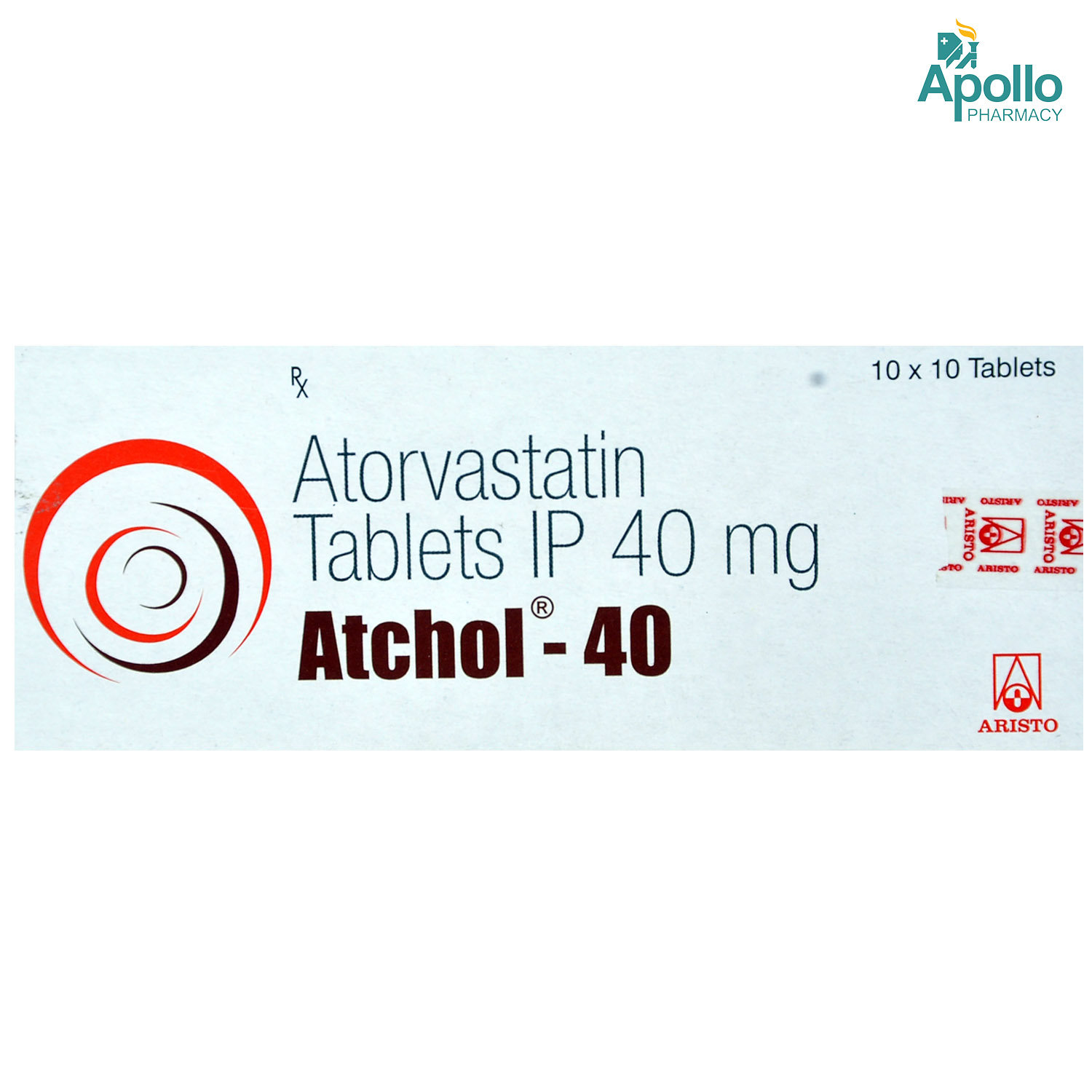

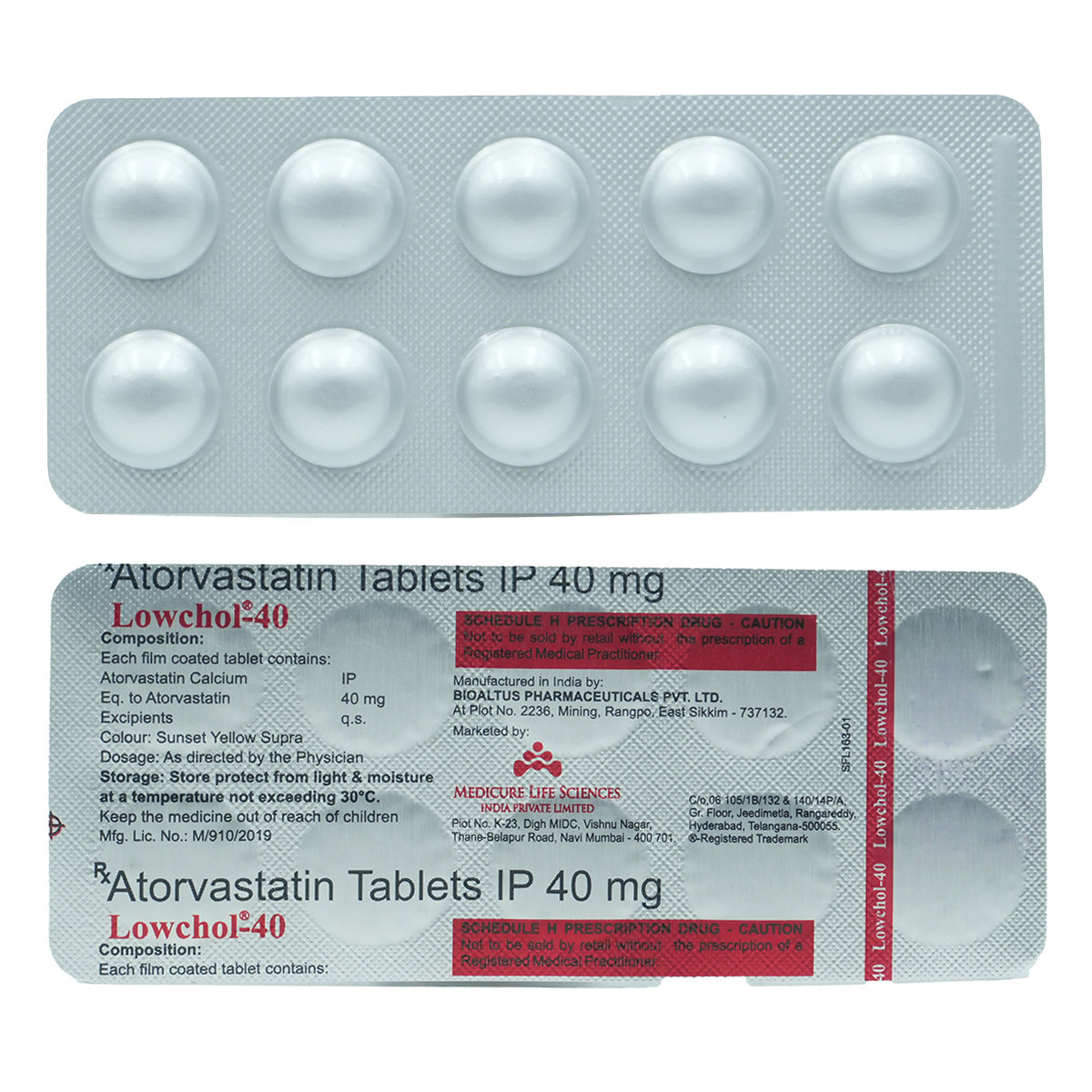



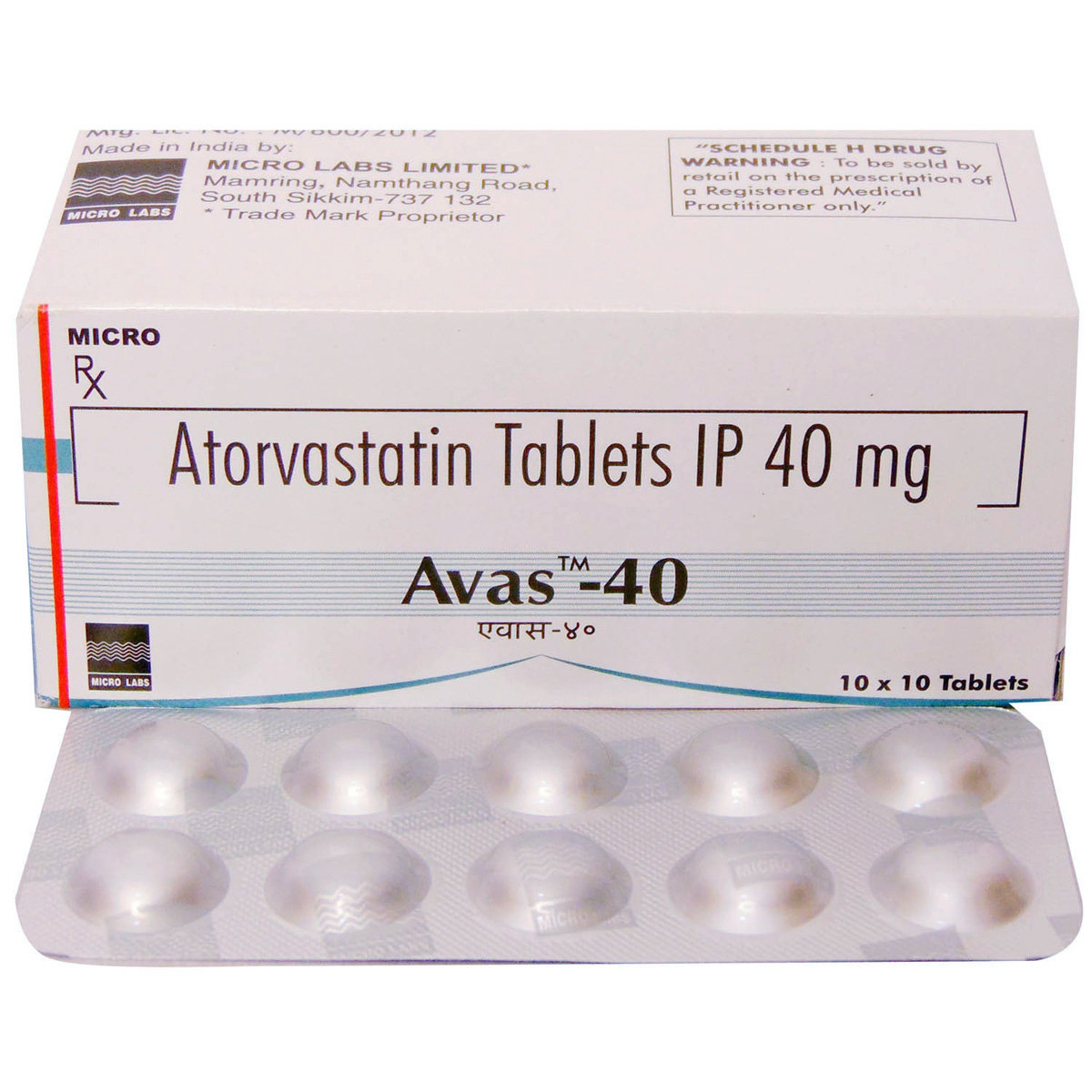
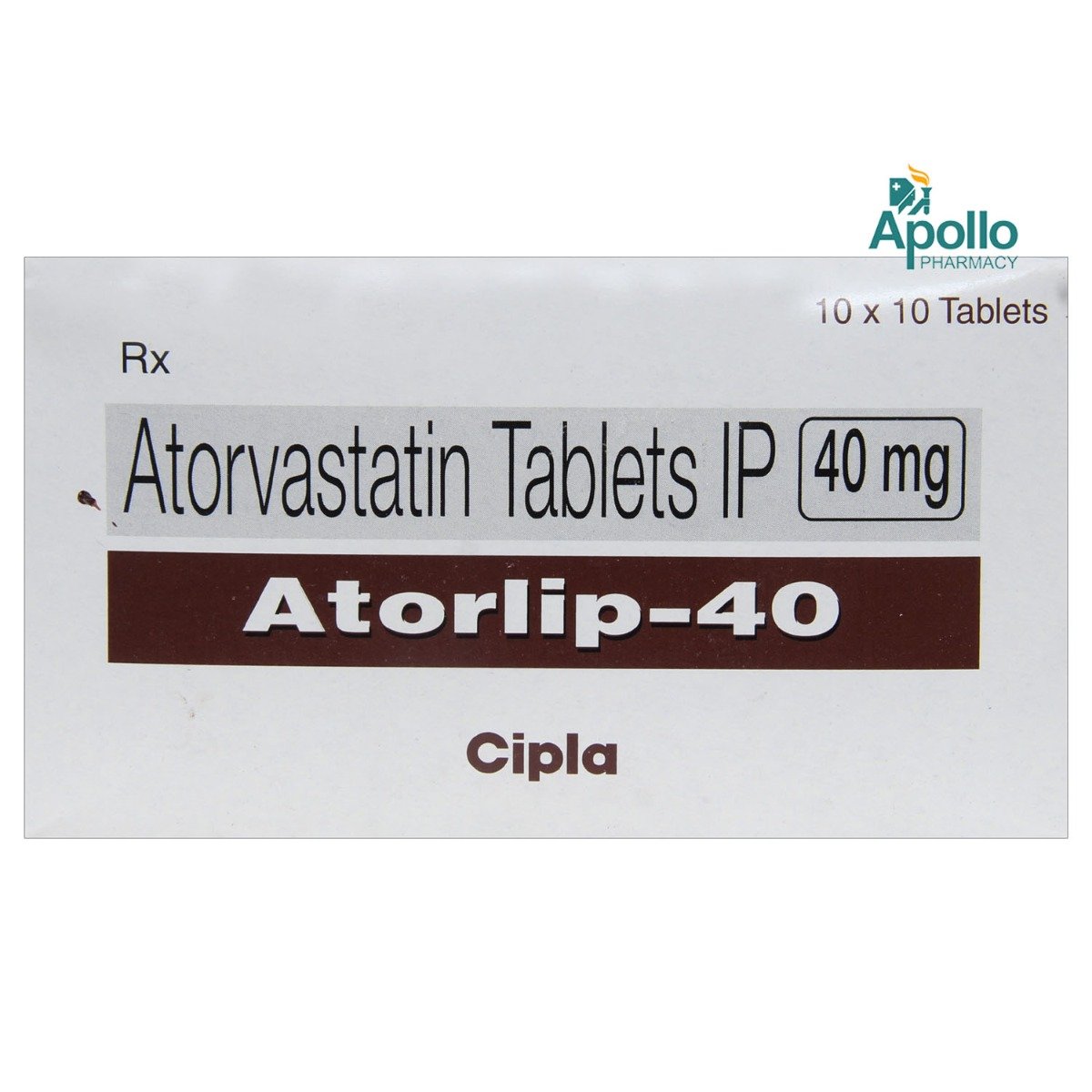
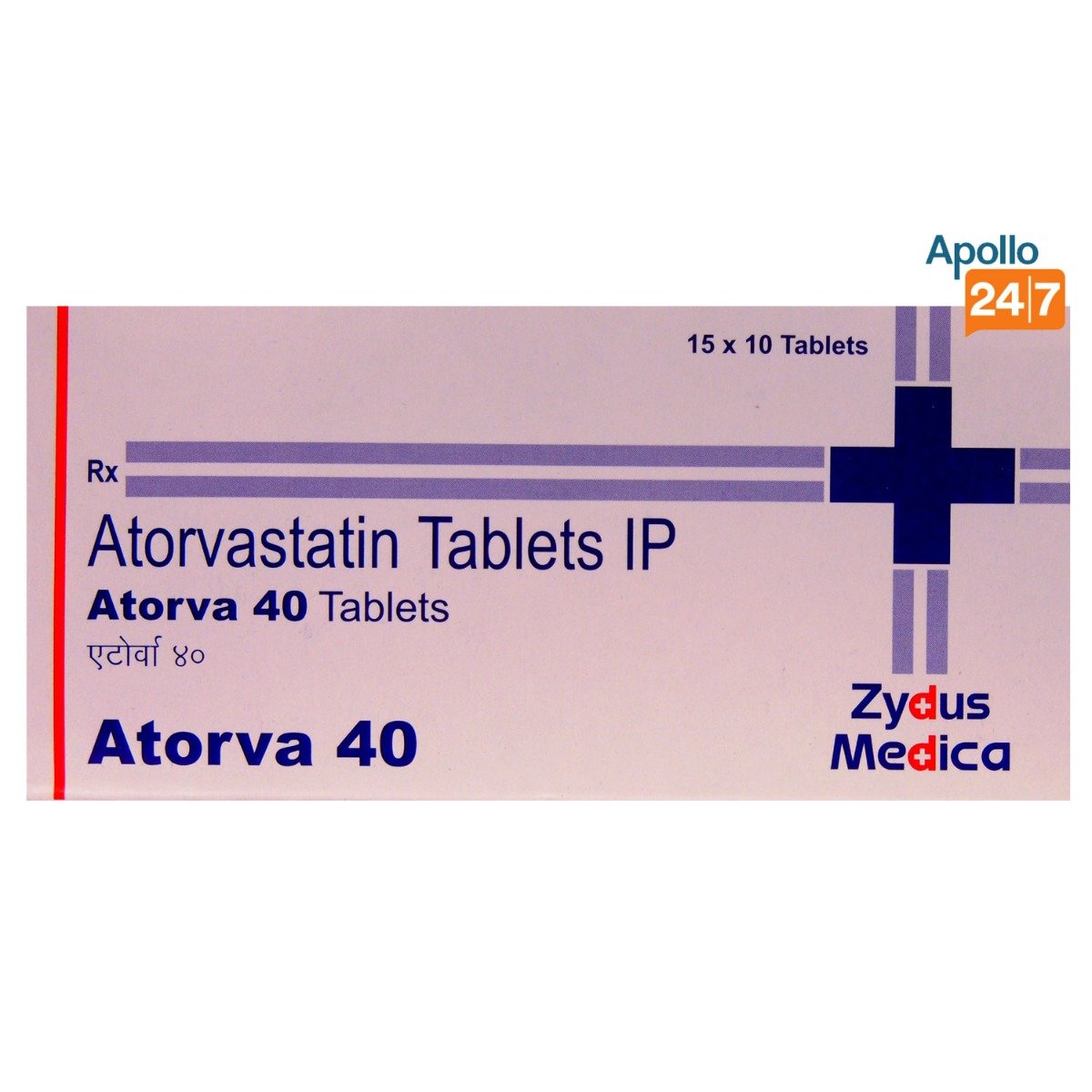
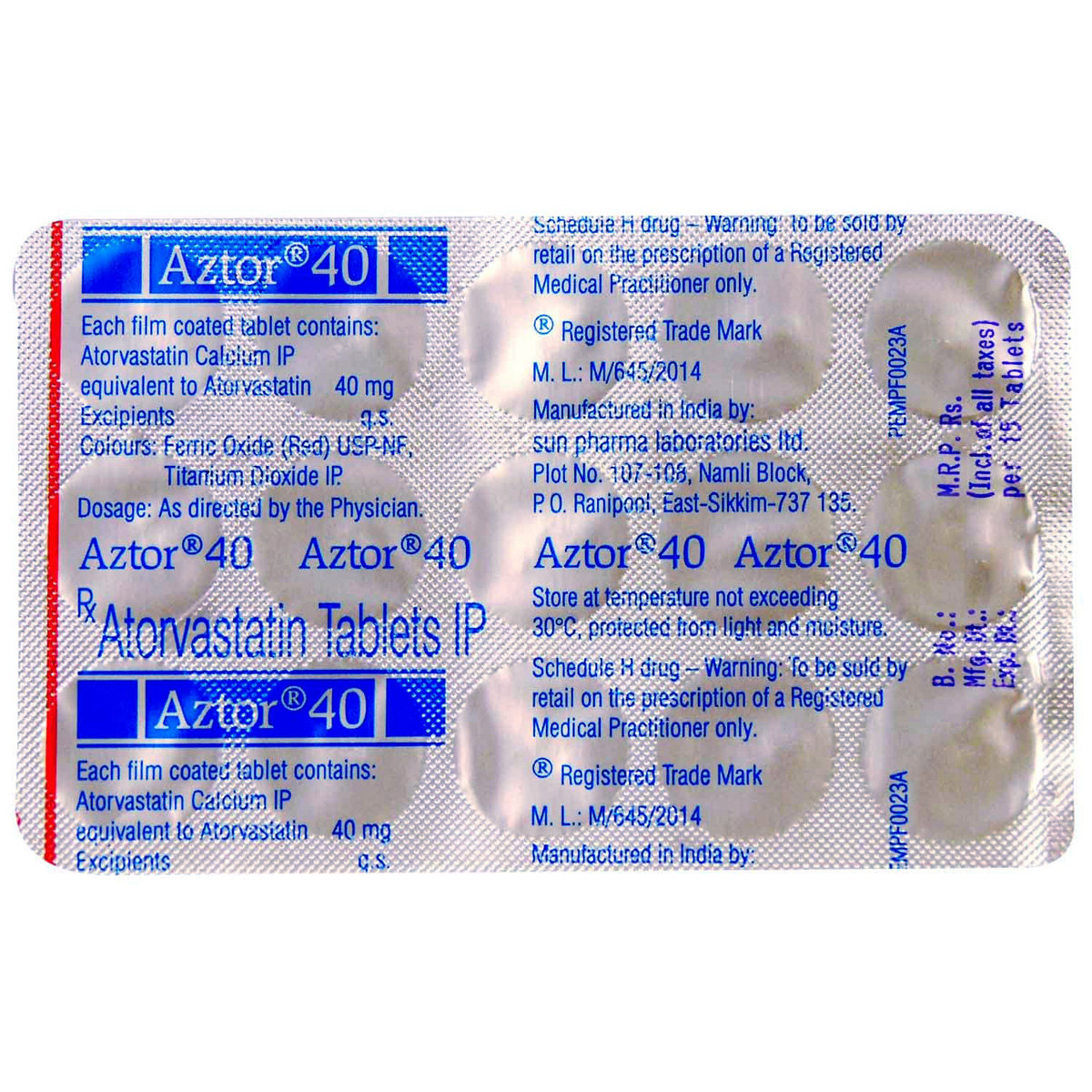
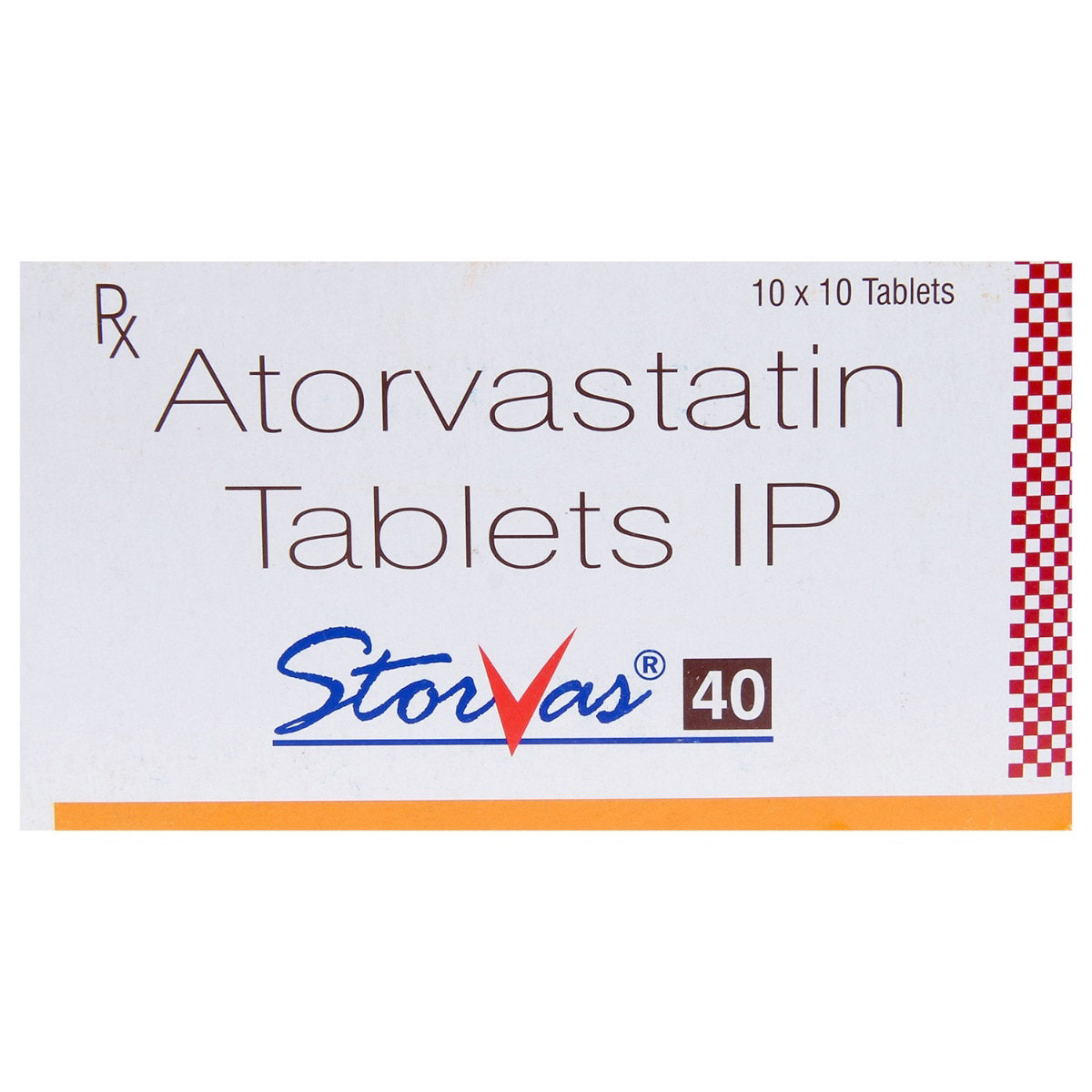


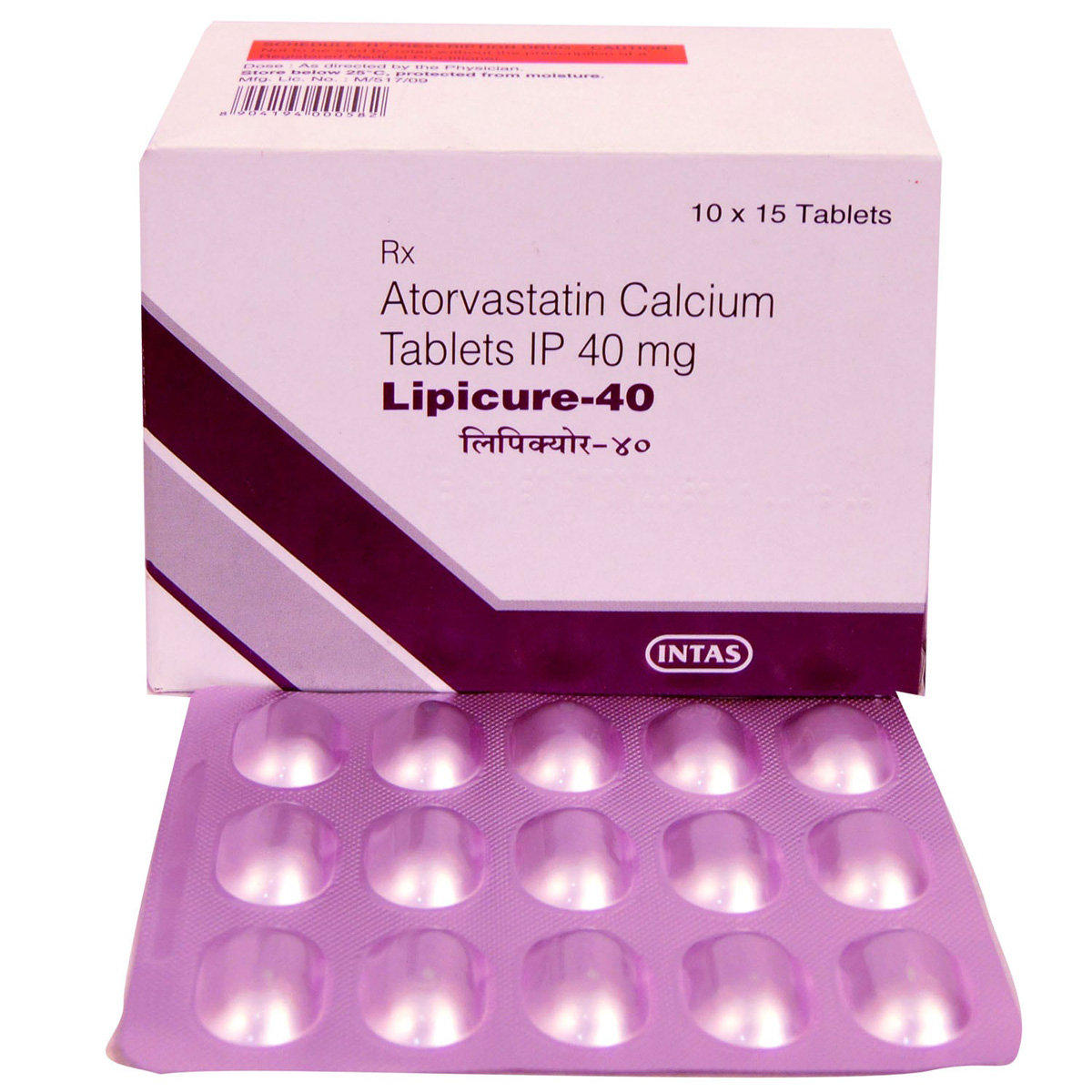
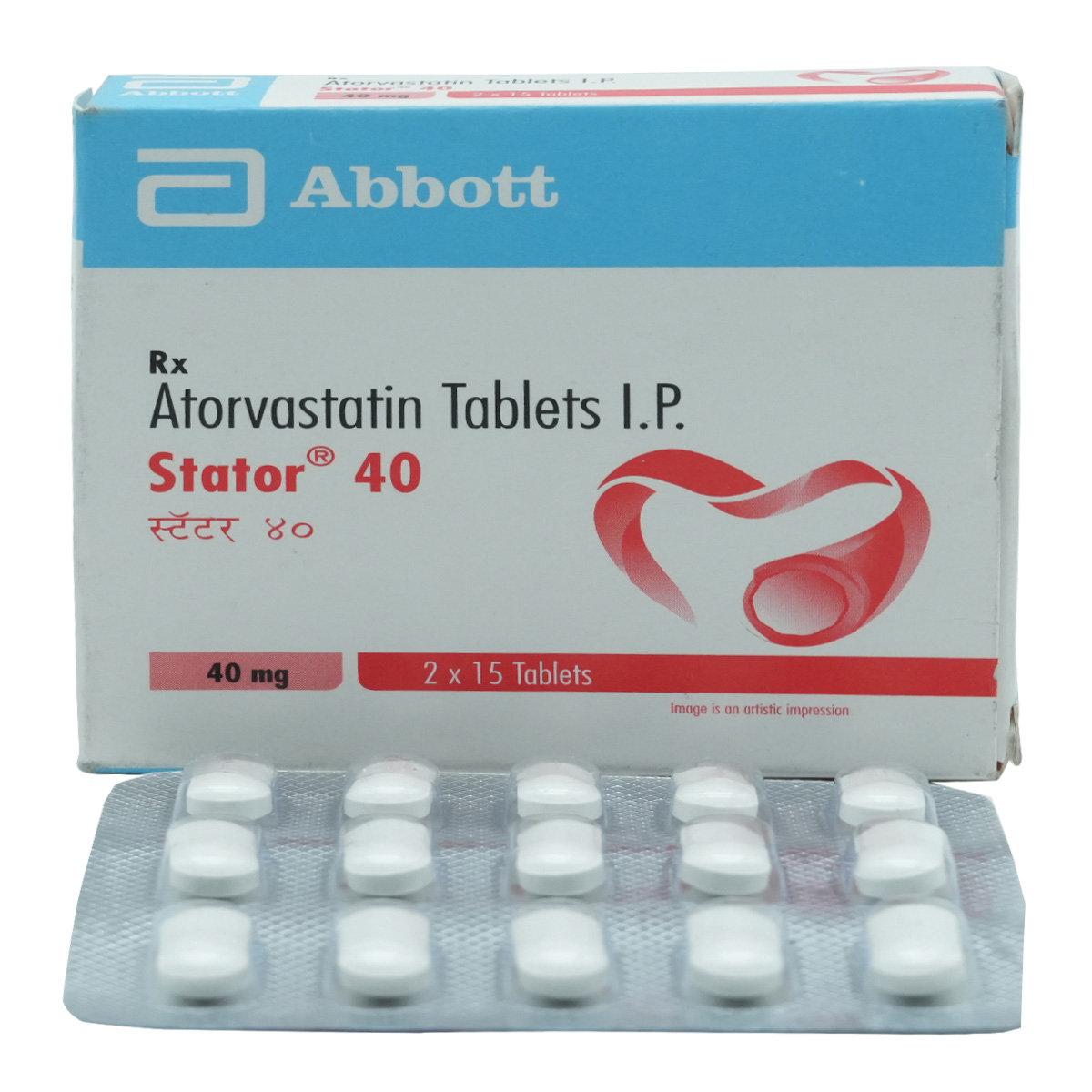


_0.jpg?tr=q-85)
